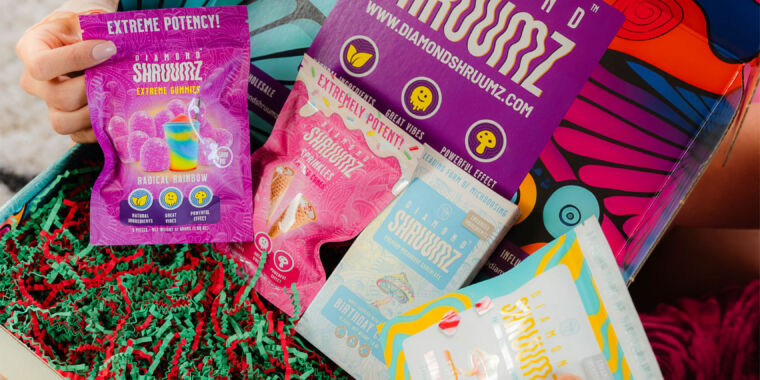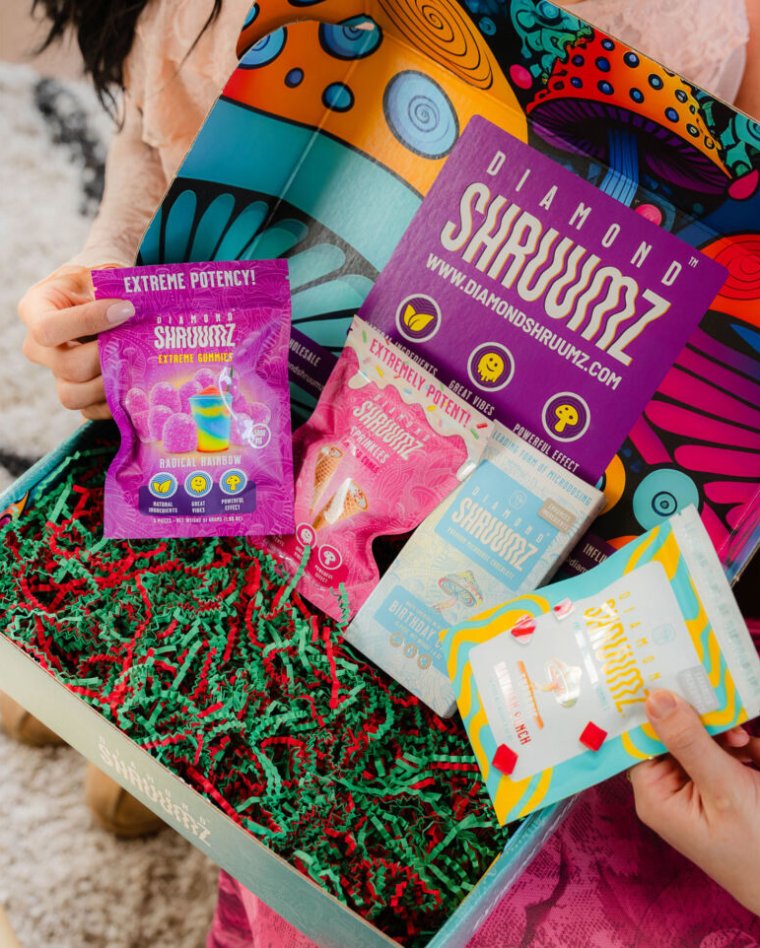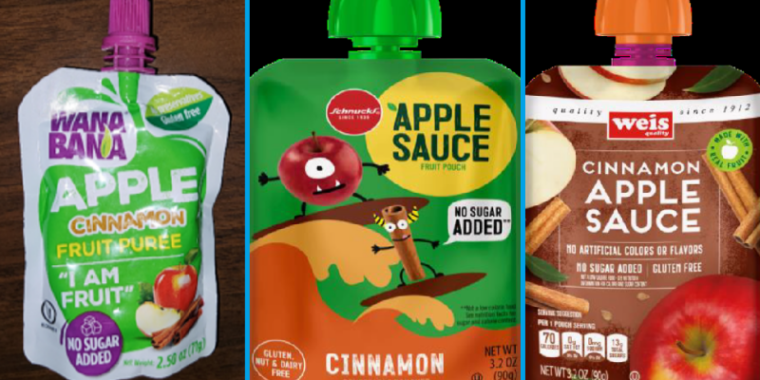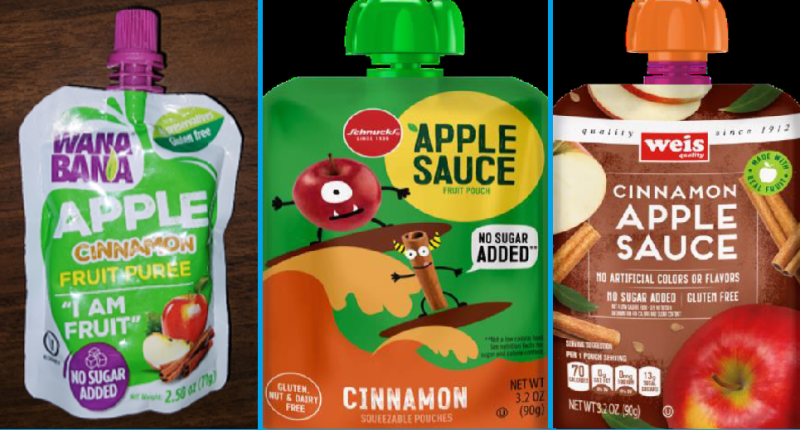Pizza place accidentally spiked dough with THC, sickening dozens
In a statement on its website, Yeti’s co-owner Cale Ryan said that police testing “confirmed that pizza had been sold with dough mistakenly prepared with Delta-9-contaminated oil. The oil accidentally used in the product originated from a shared storage space in the on-site cooperative commercial kitchen.”
Oil jug with no label
Over the weekend, Ryan explained further to the Wisconsin State Journal that when Famous Yeti’s ran out of olive oil for its pizza dough, one of the cooks went across the hall to borrow some. “It’s not normal to do, but you borrow a cup of sugar from a neighbor,” Ryan said. “We went over to borrow some oil and grabbed the wrong one.” The contamination affected one batch of dough, which makes 60 pizzas, he said.
According to the health department, the oil the cook took “was in a clear plastic jug that looks like other cooking oils. There was a label on the cap that had manufacturer’s information, use by date, and noted it contained Delta-9 cannabis. The operator did not notice the label on the cap. There was no additional labeling on the body of the bottle.” The health department said it doesn’t know what dosages ended up in the pizza.
THC exposure can cause dizziness, increased blood pressure, increased heart rate, nausea, vomiting, anxiety, panic attacks, paranoia, hallucinations, short-term memory impacts, time distortion, and sleepiness. “Keep in mind each person’s reaction may be different, and the concentration of THC in the pizza can vary by piece,” the health department cautioned.
In a letter posted to Facebook Friday, Ryan apologized and took full responsibility for the contamination. “We put people and families at risk and frightened and confused children and parents. … I am incredibly sorry that I allowed us to act this irresponsibly and ended up hurting the people who have made Yetis [sic] the wonderful place it has been.”
According to America’s Poison Centers, cannabis edible exposures have been increasing among children and teens since at least 2019. Much like what happened at Yeti’s, the trend in accidental poisonings can be blamed on poor labeling and cannabis products that resemble common foods, including candies. To date, Poison Centers have tracked nearly 7,000 exposures in children this year. “While edible cannabis does not typically result in serious problems for adults, children have more severe reactions and are more likely to require medical attention” the poison centers say. In children, severe reactions to cannabis can include slowed breathing, seizure, and coma.
Pizza place accidentally spiked dough with THC, sickening dozens Read More »






